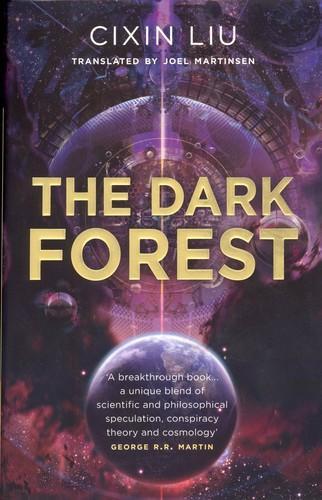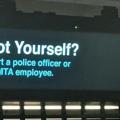po3mah ha recensito The Dark Forest di Cixin Liu (Remembrance of Earth's Past)
Excellent. On par with Asimov.
5 stelle
The second part is as good as the first one. A great combination of astrophysics, sociology, philosophy. Luckily I read Asimov's Foundations before Cixin books and I see there are alot of references and parallels with them. The translation to EN was better and more understandabla in the first part. I had big difficulties imagining characters. Maybe because of Chinese names, or because of their one-dimensionality.




